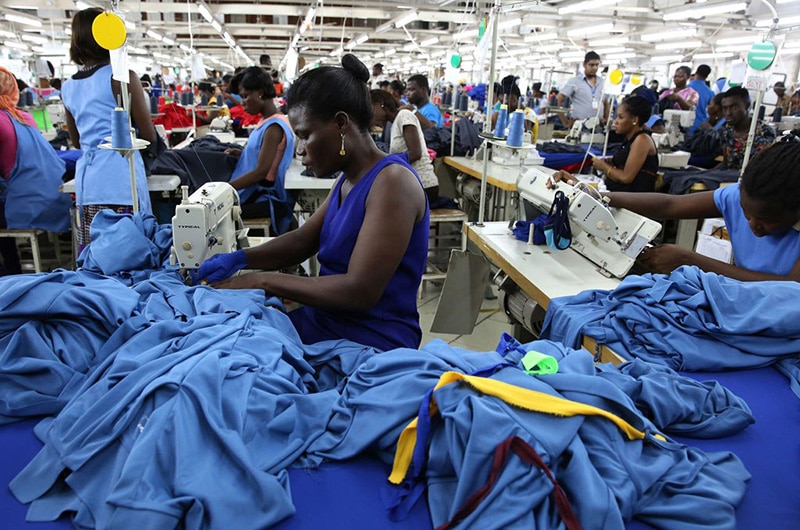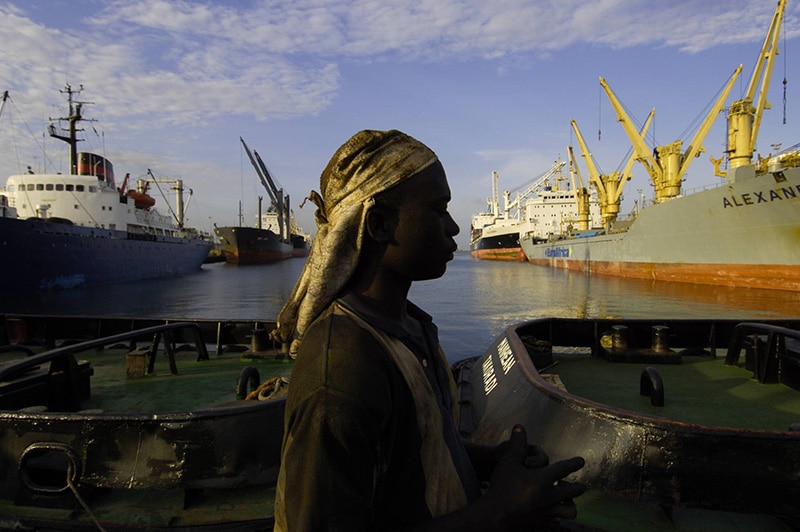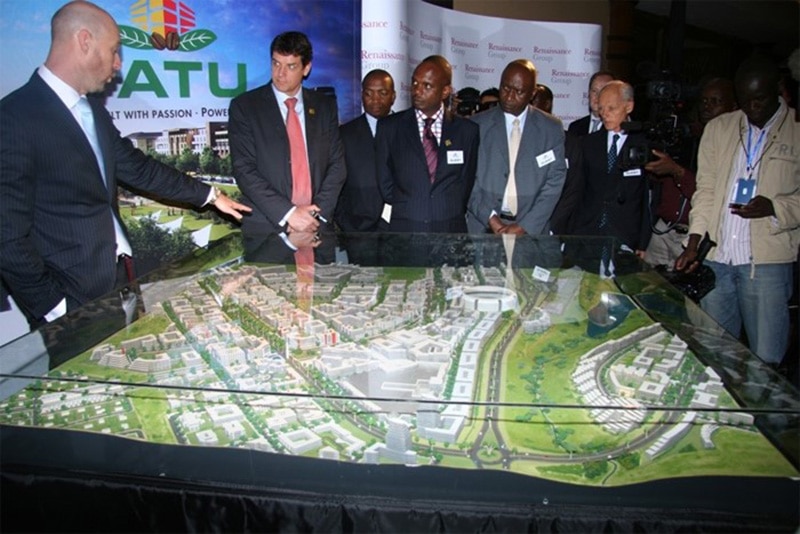Many of Africa’s cities of the future do not exist yet. It would seem contradictory to claim that Africa is one of the wealthiest continents in the world and that this wealth is not well-managed but despite its possibilities, there is still a lot to explore.
There are currently 1,216 million people living in the continent, distributed in 54 countries. Moreover, according to a study published by ONU-HABITAT, 40 % of the population lived in urban areas in 2010 while it is foreseen that this figure will increase by a 20 % by the year 2050.
The phenomenon of migration from rural areas to the cities does not stand alone: other demographic factors such as the decreasing number of children per woman and the rise of the average life expectancy in men and women also play an important role. It is expected that by the 2070, the continent will be home to approximately 3.7 billion people, three times the current population.
What consequences will this rise in the population have?
Regarding the field we are dealing with, architecture and urban planning, one of the clear effects of demographic growth and migration to the cities is the need to reconsider, study and control the development of new urban areas.
The continent is experiencing a real estate boom dominated by foreign investors, mainly coming from Asia.
Another factor worth considering is the staggering increase in the workforce to such an extent that by 2050, Sub-Saharan Africa will have a higher and younger working population than China or India. This fact will turn Africa into the continent with the highest workforce worldwide in the short-medium term.
Africa: the next economic driver?
After East Asia, Africa still is -surprisingly for some- the second region in terms of speed of economic growth. To cope with this situation, the European community must “help Africa to accelerate its development through the promotion of a quick and responsible industrialization”, as stated by Li Yong, Director General of the United Nations Industrial Development Organization (UNIDO).
Some countries such as Ethiopia, Ghana or Rwanda are already immersed in this process of industrialization, which is expected to spread progressively to the rest of the countries.
It is not a mistake to think that Africa depends on international help to keep progressing; therefore, foreign funding is key to accelerate the industrialization process and the growth in the continent.
The United Nations General Assembly recently adopted a resolution proclaiming the period 2016-2025 as the “Third Industrial Development Decade for Africa”. To make this development possible, the education of the young workforce, the construction of technological centers as well as investment in energy efficiency, among other topics, are needed.
New business markets and cities
The creation of new cities as part of the public-private development that is taking place requires the implementation of urban plans, new infrastructure and projects in all areas (residential, industrial, services, hotels, etc.)
The industrialization processes and people’s arrival to the cities- that lasted 200 years in Europe-will take place in Africa in a period of 50 years. The fast industrialization of the cities and the creation of new urban areas will demand the construction of housing, especially quality social housing, promoted by the government and adapted to the type of families and lifestyles of each country. The three-dormitory European design has been cut down to one, whereas in several regions of Africa it has increased to four or five.
There will be a private housing market for middle and high-classes, local or foreigners, that decide to move to these regions.
Public works will have a key role in this process. On one hand, to ensure a good quality of life to the working class and the rest of the population, big spaces in residential areas will have to be designed and provided with water supply systems, sanitation, energy, urban infrastructure and public transportation, that will facilitate mobility in cities. On the other hand, public, governmental, health and educational buildings will have to be developed in order to respond to the needs of an increasing population.
These cities do not exist yet and therefore they are the perfect place to develop avant-garde projects and test new types of cities that are more environmentally friendly, sustainable, efficient and at the service of its inhabitants.
Ingennus in Africa
Since the creation of Ingennus, we are focusing our strategy in Africa mainly in the fields of urban development, housing and public equipment.
Eleven projects in Mali: Koutiala, Segou and Sikasso High Courts of Justice; Bla, Yorosso, Kignan, Nioro du Sahel and Tominian Lower Courts; the rehabilitation of Bafoulabé Lower Court and Bamako’s Central Prison, and the construction of a Juvenile Detention Center (under construction).
Three projects in Mauritania: the highest commercial building currently under construction in Nouakchott (commercial centre and 16-floor offices) in the framework of Lots 1, 7 and 8, as well as the Financial Islamic Bank (under construction).
Two projects in Equatorial Guinea: A Public Health National Laboratory (construction project pending) promoted by the Health Ministry and financed by the African Development Bank, and seven emergency parks for the National Civil Protection Corps in Malawo, Luba, Bata, Evinayong, Mongomo, Ebibeyin and Annobon (construction concluded). The company GE Fomento is in charge of the management, construction, equipment, training and turnkey project.
To this end, we are looking for strong alliances and trustworthy local partners to work with. We believe in the potential of Africa, and you? Would you like to collaborate with us to achieve our goal?
By Francisco García, architect


